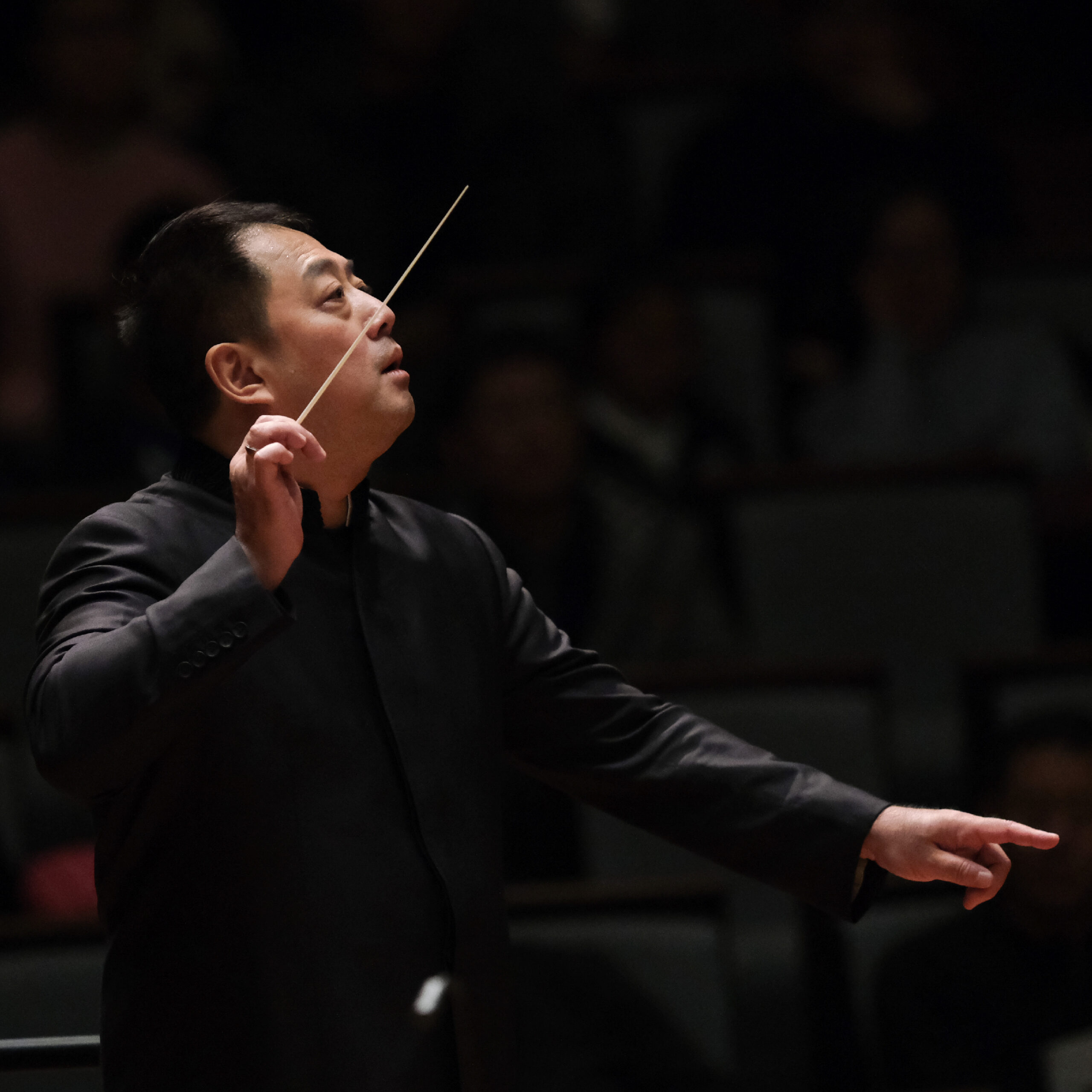


The Orchestra Sinfonica Siciliana conducted by Lü Jia pays tribute to Anton Bruckner on the 200th Anniversary of his birth
A new celebratory occasion marks the third program of the 65th Concert Season of the Sicilian Symphony Orchestra for 2024/2025. On Friday, November 22 (9 PM), and Saturday, November 23 (5:30 PM), at the Politeama Garibaldi, the orchestra will pay homage to Austrian composer Anton Bruckner on the 200th anniversary of his birth. The concert will feature a performance of Bruckner's renowned Symphony No. 7 in E Major, WAB 107, conducted by the distinguished Lü Jia. Born in Shanghai and now a naturalized Italian citizen, Lü Jia currently serves as Artistic Director of Music at the National Centre for the Performing Arts (NCPA) and Music Director of the China NCPA Orchestra. Just days ago, he conducted the Italian Opera Gala at the NCPA in Beijing, attended by Chinese President Xi Jinping and Italian President Sergio Mattarella.
As noted by Riccardo Viagrande in the program, "The Seventh Symphony was premiered in Leipzig on December 30, 1884, under the baton of Arthur Nikisch, achieving great success and marking a joyful period in Bruckner’s life and career."
The symphony, begun in 1881—the same year Bruckner achieved his first major success with the Fourth Symphony—was composed during an emotionally charged two years. This period culminated in Bruckner's meeting with Wagner on July 26, 1882, in Bayreuth, during the premiere of Parsifal. On that occasion, the aging Wagner promised to perform Bruckner’s works, bidding the younger composer farewell with the words: “Calm yourself, Bruckner, and good night.”Wagner’s admiration for Bruckner was genuine: “I know only one man who can approach Beethoven: it is Bruckner,” he once remarked to fellow musicians, including conductor Hans Richter. The esteem was mutual, with Bruckner harboring an almost reverential affection for Wagner. This deep bond filled Bruckner with foreboding as he sensed Wagner's impending death, which occurred on February 13, 1883, in Venice.
Bruckner later revealed: “I felt anguish at the thought that the master might not live much longer, and the Adagio in C-sharp minor came to my mind.” This Adagio, of which 180 measures had been composed before Wagner’s death, forms the second movement of the symphony and is entirely dedicated to Wagner’s memory. As Bruckner explicitly stated after hearing the news of Wagner’s passing: “Oh, how many tears I shed [...] Was it not from me above all that he was taken? I completed the Adagio as a true funeral march in memory of the master.”
Mob Magazine
Ph © Liu Fang